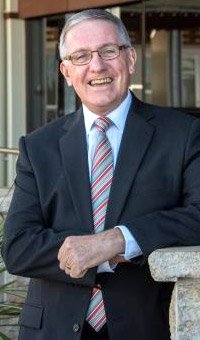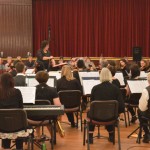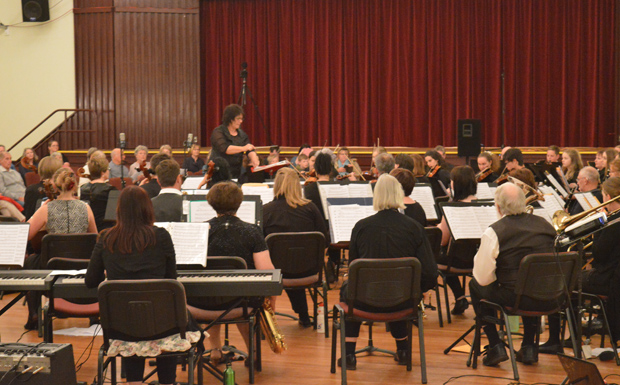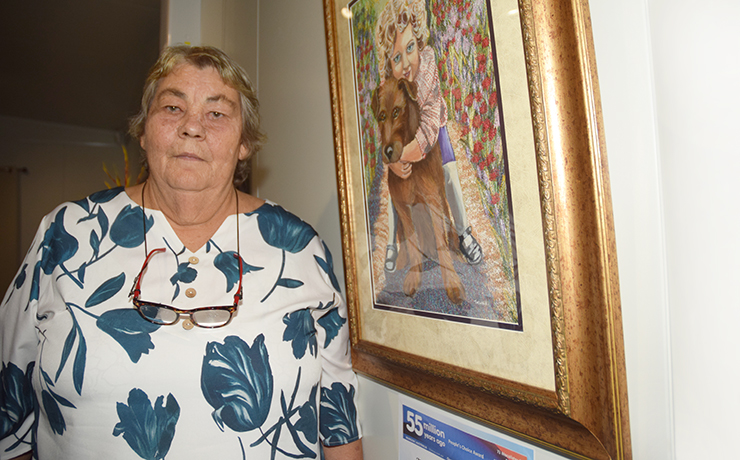
December 4, 2018
A consultant with proven expertise in scoping water projects could be engaged to examine future water security options for the South and North Burnett.
South Burnett Mayor Keith Campbell said he would be talking over the idea with North Burnett Mayor Rachel Chambers later this week.
Deputy Prime Minister Michael McCormack announced last month that both regions had been allocated $1 million each to fund feasibility studies into water projects as part of a Federal Government initiative to help drought-proof Australia.
Last week – after receiving assurances from Canberra the grant was not dependent on the outcome of the next Federal election – Mayor Campbell held a public meeting in Kingaroy to get the views of farmers and agribusinesses about possible future water projects.
The Mayor said he believed the South and North Burnett should pool their grant money to undertake a joint feasibility study across both regions, because they share common water issues.
“Since the State Government will have to put up some of its own money to build whatever might come out of this process, I think the best way forward might be to ask the Department of Natural Resources to recommend a consultant we should use,” the Mayor said.
He was also aware a lot of work identifying possible drought-proofing solutions for the South Burnett had been undertaken in previous years, and thought the same might be true of the North Burnett .
So part of any feasibility study would involve retrieving these earlier studies, testing if they were still viable and if they were, discovering why they had not been pursued.
The Mayor said the need for better and more reliable irrigation had been identified as a key issue by the Wide Bay-Burnett Regional Organisation of Councils, and he was convinced obtaining more water for the region would generate economic growth and new jobs.
However, he thought it was just as important the region’s farmers and agribusinesses “got aboard” the process.
“It’s no use getting more water for our region if our agricultural producers don’t take advantage of it,” he said.
“I’d hope their input would be part of any consultation process.”
Related articles:























